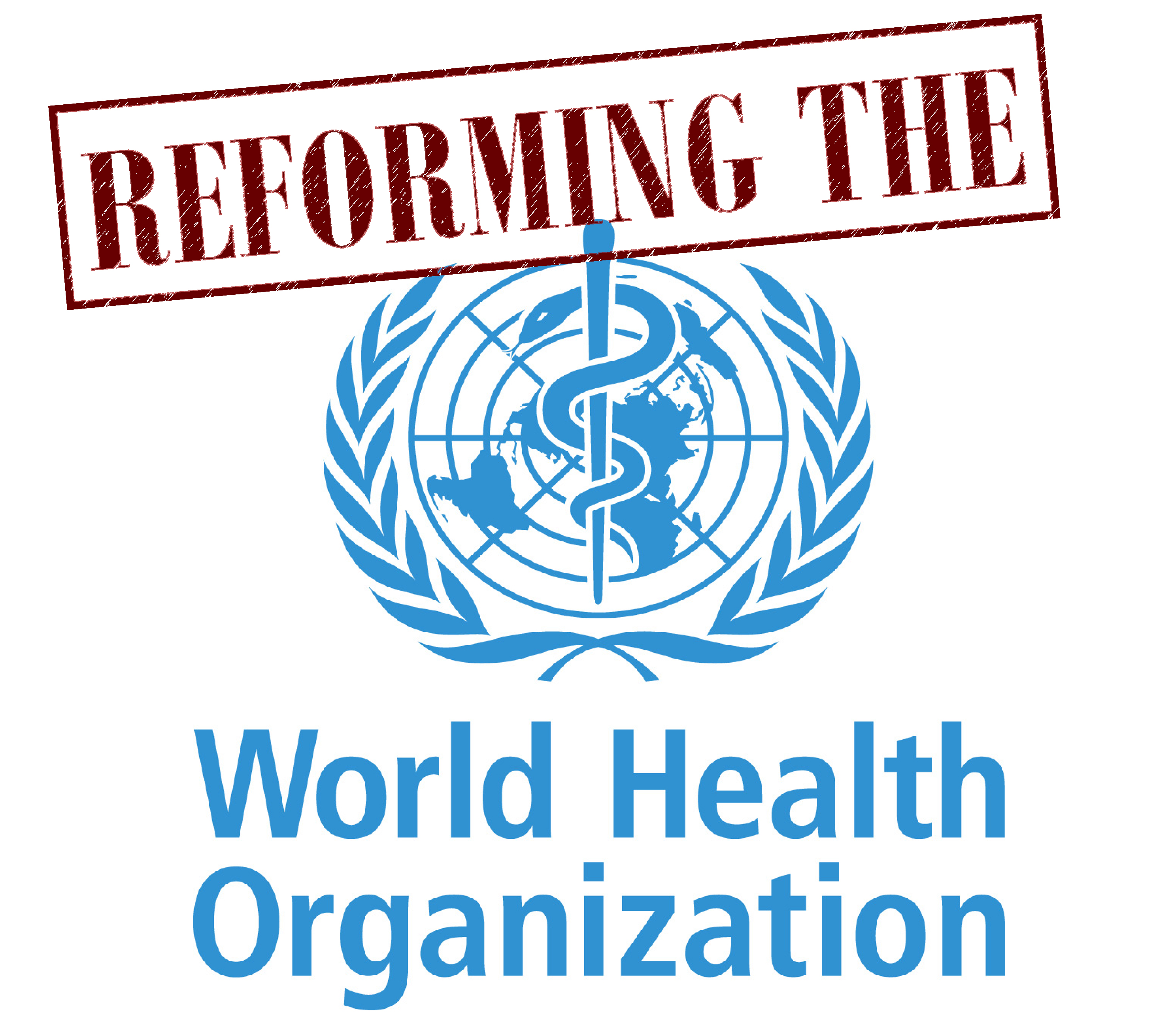By Tine Hanrieder and Adam Kamradt-Scott
As the World Health Organization (WHO) enters its 70th year of existence, a new director-general assumes the helm of the intergovernmental organization for their next five-year term of office. The election process for the WHO’s eighth director-general has been the single most competitive election in the organization’s history, with an initial six candidates putting their names forward for the top job. In January 2017, the Executive Board eliminated three of the six candidates from the race,1 and over the next four months the remaining candidates criss-crossed the globe to meet with world leaders and country representatives to secure their vote ahead of the 70th World Health Assembly in Geneva.
By all accounts, any organization’s 70th anniversary should be a milestone marked by celebration and festivities. It arguably also should be a time for deep reflection on the institution’s accomplishments; and it must be reasonably concluded the World Health Organization has had a number of them in its seven decades of operation. The eradication of smallpox, the birth of the Primary Health Care movement, the promotion of breastfeeding and advancing childhood vaccinations, and the adoption of the Framework Convention on Tobacco Control are just some of the organization’s more prominent achievements. Its work in consistently setting global standards and benchmarks – an area where the organization has repeatedly demonstrated leadership, often despite staunch opposition – should be especially celebrated.
Even so, the WHO is once again in the midst of an extensive reform process instigated by its member states. This latest reform process represents a continuation of organizational restructuring and change that has been, quite literally, underway for decades now. In particular, appointments of new directors-general have time and again been accompanied by promises of all-out change and organizational renewal,2 even though continuities abound. Commentators keep blaming the WHO’s bureaucratic, fragmented, and sometimes inefficient methods of work, and they keep assuring that the world nevertheless needs the WHO as a legitimate standard setter and focal coordinator for global health.3 States and donors keep supporting the WHO rhetorically, but fail to commit to more sustainable funding of the organization. Non-governmental organizations (NGOs) keep pushing for more access and transparency at the WHO, but are faced with multiple barriers to access and a regime that does not differentiate between for-profit and not-for-profit civil society actors.
Still, these continuities can hardly detract from several substantive changes at the WHO – based on a mix of ongoing gradual transformations and more abrupt developments. The authors in this special forum discuss several of those developments and their implications. Some of the proposals for the ongoing reform effort can be implemented rapidly, while others will require a more methodical, sustained effort over time. What is clear, is the WHO’s evolving authority in health security matters, its piecemeal engagement with the challenge of accountability, and the evolution of its formal decision-making procedures, are all areas of key importance …

